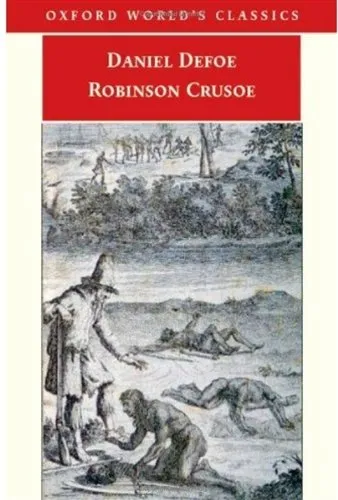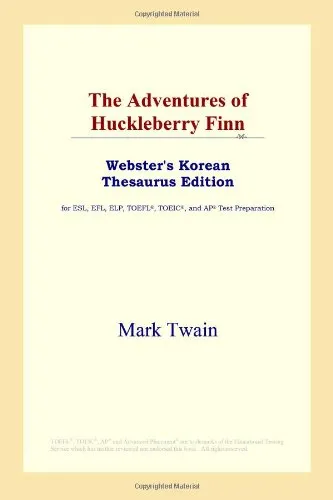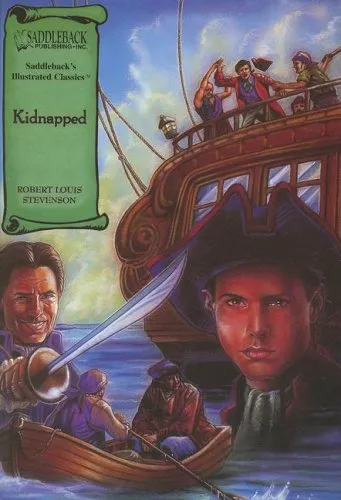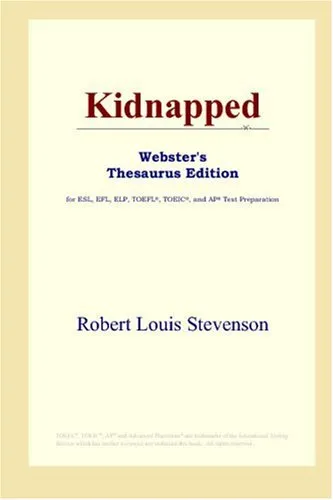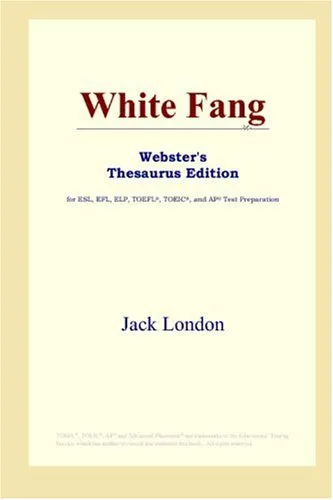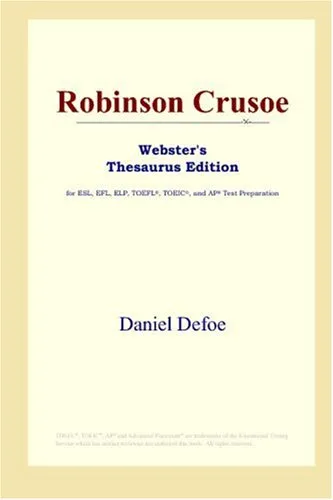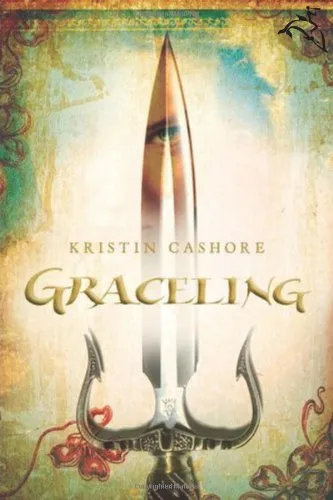Robinson Crusoe (Oxford World's Classics)
4.5
Reviews from our users

You Can Ask your questions from this book's AI after Login
Each download or ask from book AI costs 2 points. To earn more free points, please visit the Points Guide Page and complete some valuable actions.Related Refrences:
Introduction to Robinson Crusoe
Daniel Defoe's "Robinson Crusoe," first published in 1719, remains a cornerstone in the canon of English literature. Celebrated for its adventure, realism, and exploration of solitude, the novel is a testament to human resilience and ingenuity.
Detailed Summary of the Book
Robinson Crusoe is a seafaring adventure that recounts the eponymous protagonist's experiences after becoming shipwrecked on a deserted island. Born in York to a middle-class family, Crusoe defies his father's wishes for a conventional life and sets off to sea. His early ventures are marred by disaster—a harbinger of his future tribulations. Eventually, a final ill-fated journey leads to a catastrophic storm that washes him ashore on an uninhabited island.
Stranded and isolated, Crusoe embarks on a journey of self-reliance. Over the course of 28 years, he battles loneliness, nature, and his own demons. By constructing shelter, domesticating animals, and cultivating crops, he transforms the island into his own domain. A turning point comes with his rescue of a native he names 'Friday,' with whom he forms a complex friendship. The novel concludes with their eventual rescue and return to civilization, although not without further adventures.
Key Takeaways
- Resilience and Survival: The narrative underscores human tenacity in the face of adversity, capturing the spirit of survival against all odds.
- Isolation and Self-Discovery: Crusoe's solitude leads to profound self-reflection and spiritual awakening, promoting themes of redemption and transformation.
- Colonialism and Cultural Encounters: The book scrutinizes the complexities of colonialism and the dynamics between different cultures, particularly through Crusoe's interactions with Friday.
Famous Quotes from the Book
"It is never too late to be wise." - This quote reflects Crusoe's journey toward realizing the value of wisdom and introspection.
"I learned to look more upon the bright side of my condition and less upon the dark side, and to consider what I enjoyed rather than what I wanted." - A profound moment of realization that emphasizes gratitude and positive thinking.
Why This Book Matters
"Robinson Crusoe" is more than just a tale of adventure; it is a profound commentary on the human spirit. Its enduring appeal lies in its rich exploration of self-sufficiency and the philosophical questions it poses about society, survival, and morality. As one of the earliest examples of the novel as a literary form, it paved the way for future generations of storytelling. The themes of self-discovery and resilience continue to resonate with readers, making it a timeless classic that offers both entertainment and reflection.
This edition, part of the Oxford World's Classics series, provides valuable insights with comprehensive annotations and interpretations, allowing readers to delve deeper into the contextual and linguistic nuances of Defoe's masterpiece.
Free Direct Download
You Can Download this book after Login
Accessing books through legal platforms and public libraries not only supports the rights of authors and publishers but also contributes to the sustainability of reading culture. Before downloading, please take a moment to consider these options.
Find this book on other platforms:
WorldCat helps you find books in libraries worldwide.
See ratings, reviews, and discussions on Goodreads.
Find and buy rare or used books on AbeBooks.
1514
بازدید4.5
امتیاز0
نظر98%
رضایتReviews:
4.5
Based on 0 users review
Questions & Answers
Ask questions about this book or help others by answering
No questions yet. Be the first to ask!
